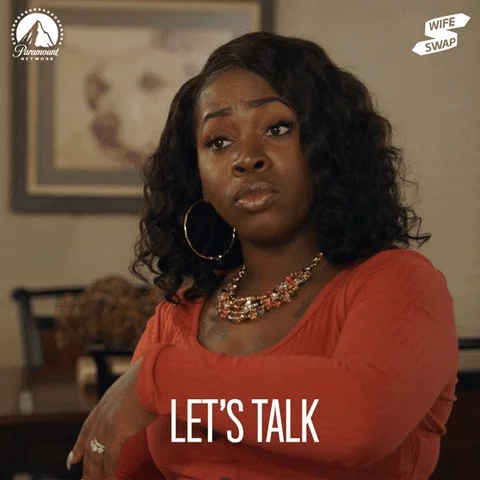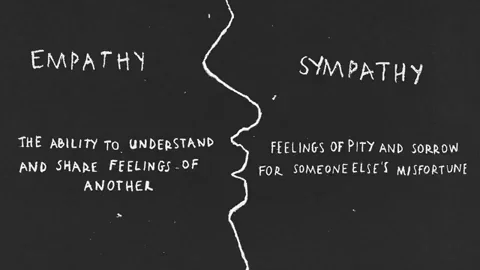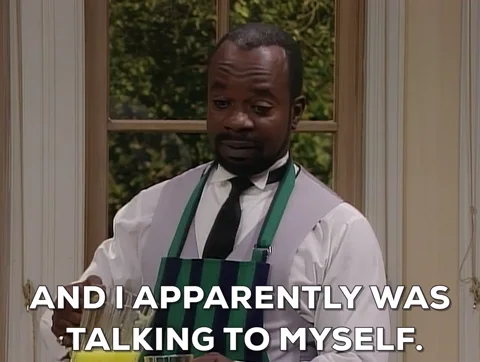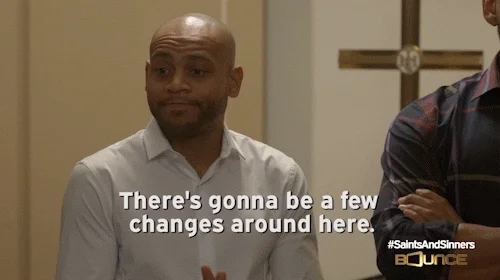Many workplaces are usually huge, so it's not a surprise when we come across someone that we don't get along with.
 Photo by Richard Lee on Unsplash
Photo by Richard Lee on UnsplashEach of us has different personalities, beliefs, values, and differences that can cause workplace conflict.
The good news: you can resolve most conflicts with a few simple but effective conflict resolution strategies.
What can cause work place conflict?
There are lots of reasons why a conflict might occur. 3 leading reasons for conflict include:
1. A misunderstanding of roles and responsibilities
Sometimes if job roles are unclear, others may accidentally do a piece of work meant for someone else or leave a task unfinished expecting someone else to do it.
For example, if a job is left to a team member, due to a misunderstanding of ownership and responsibility, the person who eventually completes the task may perceive that others are "not working as hard."

2. A feeling of competition with everything
Most people strive to do well in the workplace and need resources to do this. A lack of enough resources can cause a conflict too.
For example, teams with less funding may become frustrated towards other teams that get more funding.

3. Different working styles and ethos
We all like to learn and work in different ways. If each other's styles don't work well together, this can cause conflict.
For example, you might be someone who likes being very organized, but meanwhile, your colleague may prepare everything last minute.

So, what can you do about it?
Tip 1: Raise the problem early on

Have you heard of the saying "nip it in the bud'"? This saying means deal with the problem before it can grow.
Keeping a problem to yourself can give it room to grow and fester, turning it into a bigger problem in your mind. With no one knowing about the problem, nothing can begin to be sorted.
So, who do you raise it to and how do you raise it?
As soon as the problem begins, directly address the problem with the colleague causing the issue. Keep the problem factual and explain the impact.

I've noticed that you haven't been answering any of my emails about our latest task. I value your opinion and want to share this project with you but without good communication between us, I'm finding that difficult. I'm getting worried that we might miss the deadline for this report.
Try to be assertive but not aggressive with what your desired outcome is. It's not about winning or scoring a point — it's about sharing your point of view while being aware of someone else's.

I appreciate that you have a lot of other tasks to complete and emails to answer. It would be great if we could put 5 minutes of time aside to look through this together.
Tip 2: Escalate your problem with the right people
So, you've raised the issue, but nothing has really changed. What now?

Arrange a one-to-one with your line manager or HR.
Ensure that your meeting is alone with your manager or member of HR, in a private area or space.

Compose yourself before going to the meeting.
It's likely that your emotions will be heightened if this has impacted you enough to speak up. Try to notice and acknowledge your emotions beforehand so they don't creep up on you in the meeting.

Plan what you're going to say.
Decide in advance what you want to get from the meeting. Remember, whatever you say needs to be professional, so stick to facts and how the situation is impacting your work.

Don't gossip.
It's easy to feel an overwhelming urge to speak to your friends at work about the situation, but this can make you look unprofessional and may even cause further misunderstandings to occur.
Practise escalating your problem⚡

Apply what you've learned so far using the following scenario:
 Anna's team recently received some extra money for their team budget to buy new software for their team. This will make Anna's job more efficient and she is really excited about it.
Anna's team recently received some extra money for their team budget to buy new software for their team. This will make Anna's job more efficient and she is really excited about it.
However, Tina from another team has made a few remarks about special treatment and started acting frosty towards Anna.
Quiz
What would be a professional way for Anna to deal with her problem?
Tip 3: Talk to the colleague you have conflict with
It's likely that your line manager or HR personnel will want you and the person you're in conflict with to talk with each other to come to a resolution.
This may feel awkward, especially if you've already directly raised it with the person.

When speaking with the other person, try to focus on these things in particular:
Show empathy.
If you're the person that raised the issue, you're likely going to want to share your side of the story. But remember, the other person has a side to their story too.
If you don't hear their side of the story and really connect with what they're saying, the same problems are likely to happen.
Try to really get into their shoes and understand where they are coming from.

Actively listen to the other person.
It can be incredibly frustrating when you feel like someone isn't listening to you.
Show that you're actively listening by using body language such as head nods or paraphrasing something that the person has said and repeating it back to them.
You could also ask questions to explore what they're saying in more depth.

Tip 4: Resolve the issue
Now it's time to take on each others feedback.
Saying sorry:
If you're the person in the wrong, own your mistakes. Saying sorry can go a long way.
If you are the person apologizing, make sure that it's a genuine apology with no explanation behind it.
If you apologize, no "buts"! Adding on but, however, it was only because..., even though,can make you sound like you're still justifying your actions, rather than admitting fault.
Agreeing actions:
Agree on clear actions that you're both going to take in order to move forward.
Agree on actions that you're actually able to carry out — otherwise this could lead to further conflict.
Agree that you'll reach out for help if you aren't sure how to change your actions.

Take Action

Work on your conflict resolution strategies:
Your feedback matters to us.
This Byte helped me better understand the topic.

